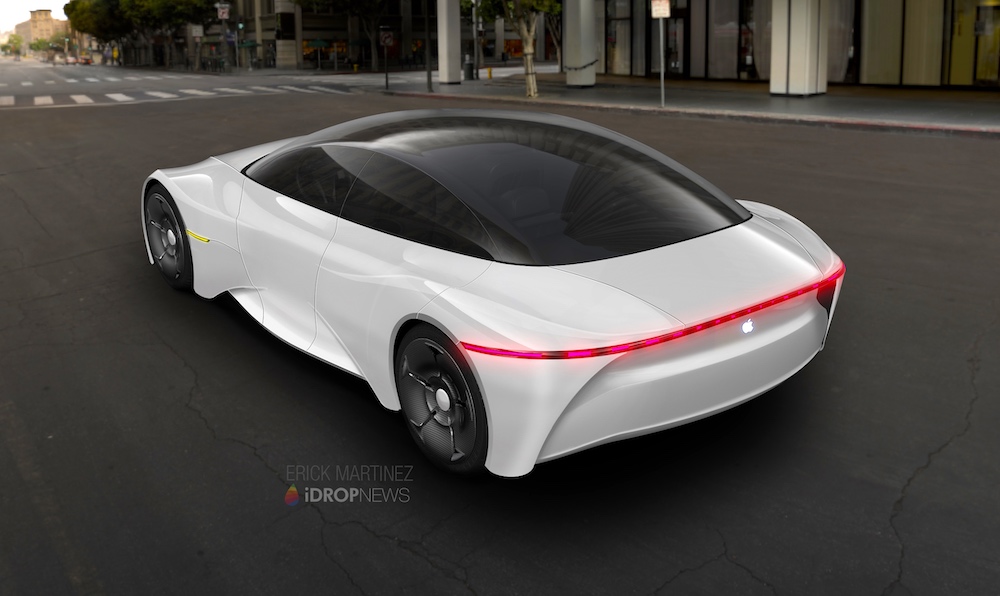Uber Is Feeling the Heat from Apple Ahead of Its IPO – Here’s Why
Toggle Dark Mode
This week, Uber officially filed for its initial public offering (IPO). And in the filing documents, it outlined Apple as both a competitor and a firm whose products it relies on.
That may seem strange, since the two companies appear to be firms that don’t really overlap much in the technology industry. But Uber actually mentions Apple seven times in its S-1 regulatory filings — and there’s a good reason why Uber is feeling the heat from the Cupertino tech giant.
Uber mostly refers to Apple as a competitor, specifically in the autonomous vehicle sphere. At one point, the ride-hailing giant noted that it competes with “OEMs and other technology companies in the development of autonomous vehicle technologies and the deployment of autonomous vehicles.”
The firm then listed its self-driving car competitors, which included Waymo, Tesla, and interestingly, Apple.
Apple, in fact, has been development vehicular technology for some time now as part of its Project Titan initiative. Despite some road bumps early in the project’s history, Apple’s autonomous vehicle project still fields one of the largest fleets of self-driving cars in the U.S. — though, of course, these cars are still strictly test vehicles.
On the other hand, there are signs that Apple is bumping up its self-driving car project and may be developing an actual, physical vehicle. Last month, for example, Apple hired a prominent Tesla employee who headed the firm’s electric powertrain division.
Uber, in its IPO filing, even notes that it is “possible” that some of its competitors may be better at self-driving car tech than it is. The firm points out that Waymo already has a commercialized ride-hailing fleet of vehicles.
Even though Apple is a competitor in the self-driving car sphere, Uber noted in another portion of its regulatory filings that it relies heavily on third-party marketplaces like Apple’s App Store.
But Uber added that it cannot “assure (investors that the marketplaces through which we distribute our platform will maintain their current structures or that such marketplaces will not charge us fees to list our applications for downloads.”
It’s an interesting predicament for Uber to be in, particularly since its app was actually nearly taken off the App Store back in 2017 for privacy-invading practices.







